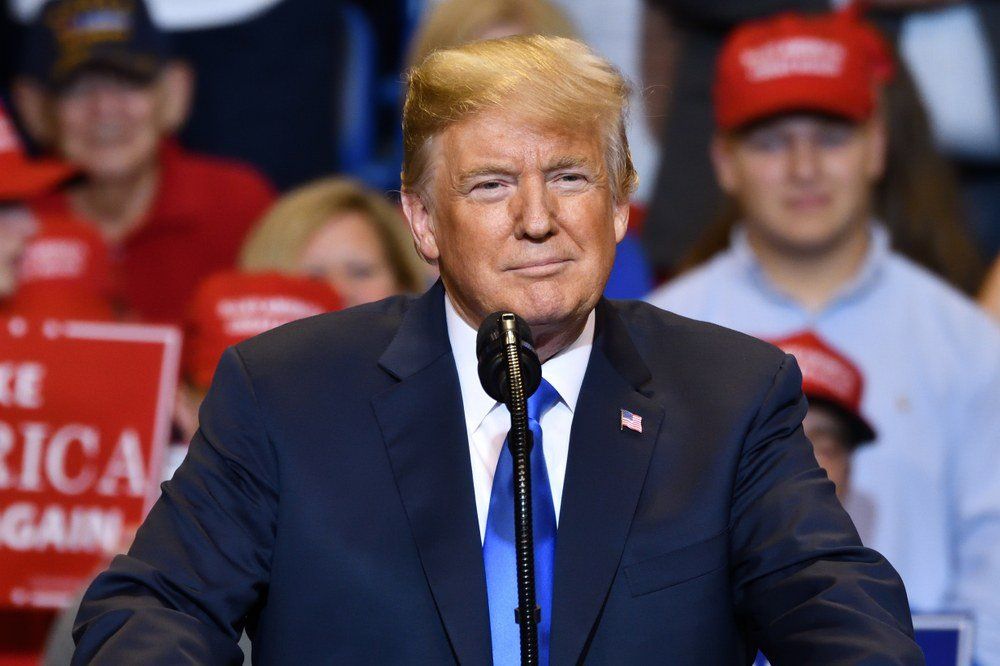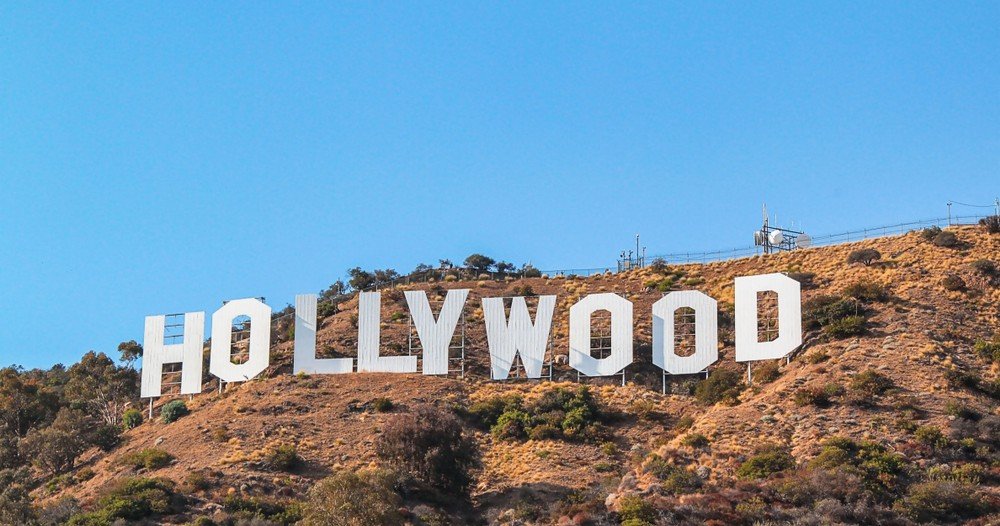President Donald Trump has announced plans to impose a 100% tariff on all foreign-made movies, a move that could reshape the global film market and the Hollywood entertainment industry. The announcement, made on Truth Social, did not include a timeline or details for how such a policy would be enforced — but it has already raised serious concerns across the industry.
Trump’s Foreign Movie Tariff Proposal

This proposal marks the first time a U.S. president has targeted the film industry with tariffs, shifting focus from goods to services. Trump argues that many countries lure Hollywood productions with foreign film tax incentives, making it cheaper for studios to film abroad instead of in the United States.
In his latest post, Trump singled out California, claiming the state has been “particularly hard hit” by outsourcing in film production. However, California and other states have their own Hollywood tax credit programs, designed to keep movie production in the U.S. Still, rising labor costs and cheaper options abroad have pushed studios to film overseas.
Hollywood’s Reaction to the Movie Tariff

When Trump first threatened a foreign movie ban tariff in May, industry insiders dismissed it as both shocking and unenforceable. “On first blush, it’s shocking and would represent a virtually complete halt of production,” one source told CNN. “But in reality, he has no jurisdiction to do this and it’s too complex to enforce.”
Jay Sures, vice chairman of United Talent Agency, explained that even though American actors and directors prefer working close to home, Hollywood studios often save money by filming overseas thanks to rebates, cheaper labor, and lower production costs.
Stock Market Impact of Trump’s Movie Tariff
The market reacted quickly to Trump’s announcement. Netflix (NFLX) shares fell by 1%, while AMC (AMC) and Disney (DIS) saw modest gains. Analysts suggest that a Trump movie tax could drive studios to rethink international productions, while streaming services may face higher costs if global content is restricted.
U.S. Box Office Struggles

The announcement comes at a time when the U.S. box office is already under pressure. Domestic ticket sales peaked at nearly $12 billion in 2018, but plummeted to just over $2 billion during the 2020 pandemic. While theaters have recovered somewhat, the number of major releases remains about half of 2019 levels. The domestic box office hasn’t exceeded $9 billion annually since before the pandemic.
Global Box Office Still Strong
Meanwhile, international markets are booming. Warner Bros. Discovery has already hit $4 billion in worldwide box office revenue this year, becoming the first studio to reach that milestone in 2025. This highlights the growing importance of foreign movie audiences and raises questions about how a Trump foreign film tariff could disrupt global partnerships.
What a 100% Movie Tariff Could Mean

If Trump moves forward with a 100% tariff on foreign movies, it could:
- Restrict access to international films in the U.S.
- Increase production costs for Hollywood studios that rely on overseas filming.
- Increase the number of productions filming in the United States.
- Force U.S. states to strengthen their own Hollywood production incentives to compete.
- Provide more job opportunities to actors, filmmakers, and producers living in the United States.
- Strengthen local real estate communities who provide housing to nearby production facilities.
Final Thoughts
While it remains uncertain whether the Trump foreign movie tariff will actually take effect, the announcement has already sparked debate about the future of Hollywood production, U.S. box office revenue, and the role of international filmmaking in the American market.
For now, the entertainment industry is watching closely — because if this policy is enforced, it could be one of the most significant shifts in the history of the U.S. film industry.


